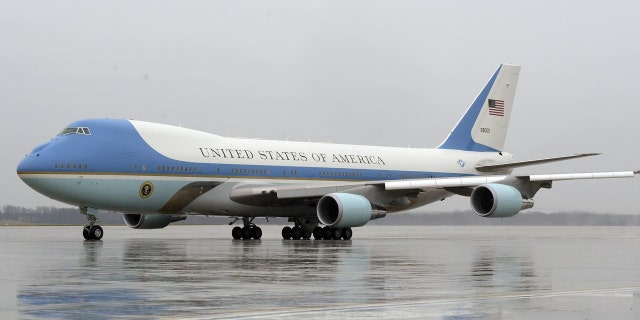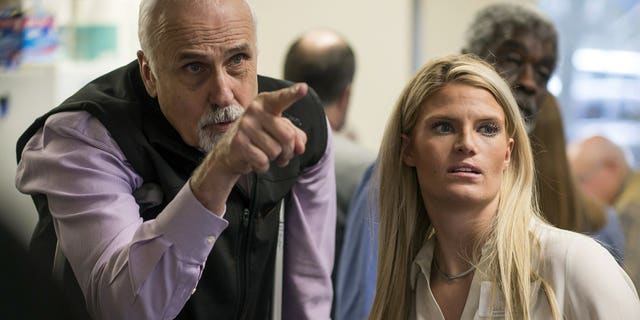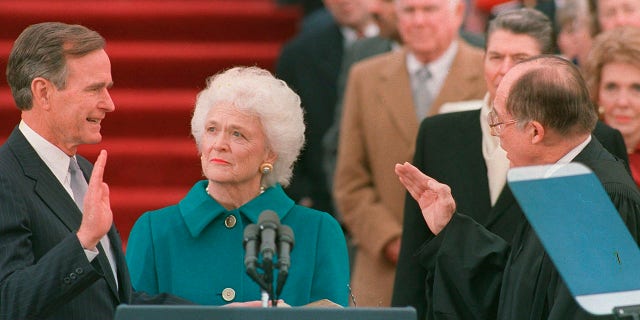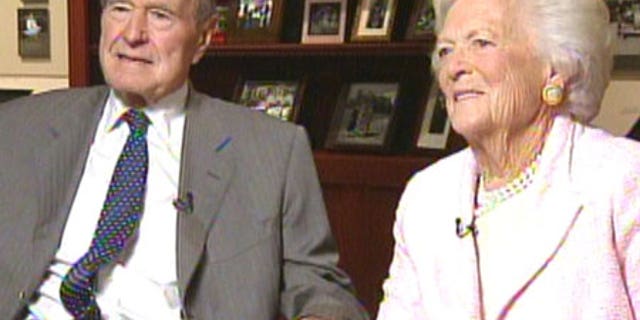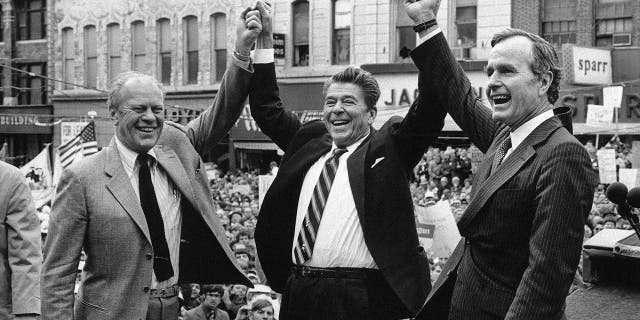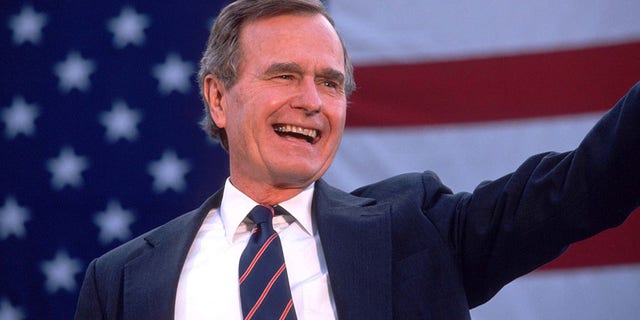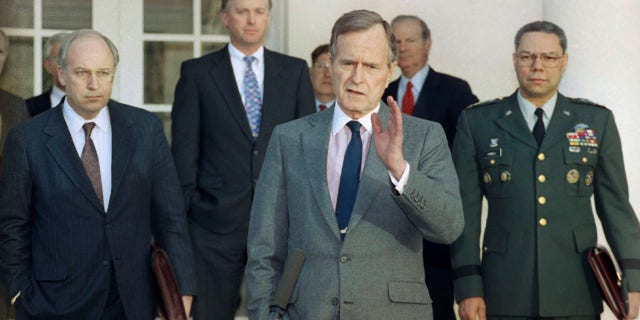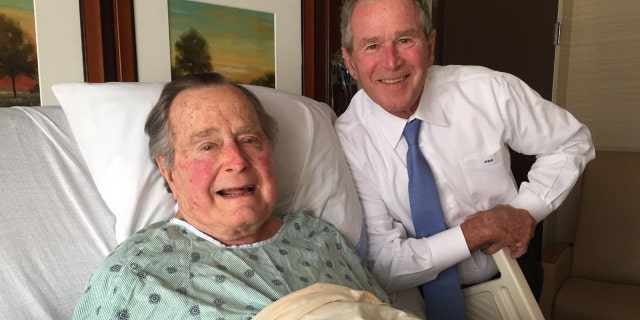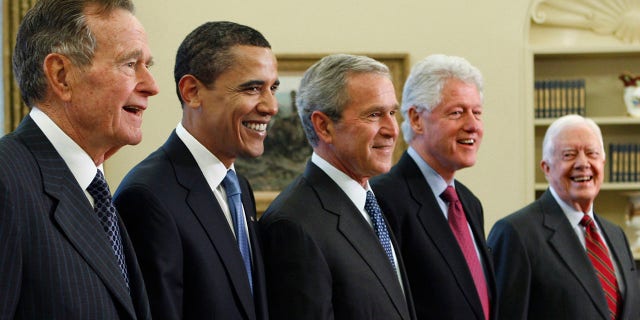 |
| Soros Money? |
|
National Public Radio (NPR) is an independent, private, non-profit membership organization of public radio stations in the
United States. NPR was created in 1970, following congressional passage of the Public Broadcasting Act of 1967, signed into law by President
Lyndon Johnson, which established the Corporation for Public Broadcasting and led to the creation of the
Public Broadcasting Service
(PBS). The network was founded on February 26, 1970, headed by founder
Robert Conley and a partnership of journalists, with 30 employees and 90
public radio stations as charter members. Like its fellow public radio
networks, American Public Media and Public Radio International, NPR
produces and distributes news and cultural programming. Its member
stations are not required to broadcast all of these programs and most
public radio stations broadcast programs from all three providers. Its
flagship programs are two "drive-time" news broadcasts,
Morning Edition and the afternoon
All Things Considered;
both are carried by nearly all NPR affiliates and in 2002, were the
second- and third-most popular radio programs in the country.
History
NPR was incorporated in 1970, taking over the National Educational
Radio Network. NPR hit the airwaves in April 1971, with coverage of the
United States Senate hearings on the
Vietnam War. The next month,
All Things Considered
debuted, hosted by NPR founder Robert Conley. NPR was merely a
production and distribution organization until 1977, when it merged with
the Association of Public Radio Stations. As a membership organization,
NPR was now charged with providing stations with training, program
promotion, and management; representing public radio before Congress;
and providing content delivery mechanisms such as satellite delivery.
NPR suffered an almost fatal setback in 1983, when an attempt to
expand its services backfired, and the company found itself nearly seven
million dollars in debt. After a congressional investigation and the
resignation of NPR's president, the Corporation for Public Broadcasting
agreed to loan the network money to stave off
bankruptcy.
[1]
In exchange, NPR agreed to a new arrangement whereby its annual CPB
stipend would be divided among local stations instead, which would then
support NPR productions on a subscription basis. NPR also agreed to turn
its satellite service into a cooperative venture, making it possible
for non-NPR shows to get national distribution. It took NPR another
three years to pay off all its debt.
[2]
Governance
NPR is a membership corporation. Member stations are required to be noncommercial or
educational radio
stations, have at least five full-time professional employees, operate
for at least 18 hours per day, and not be designed solely to further a
religious
philosophy or be used for classroom programming. Each member station
receives one vote at the annual NPR board meetings—exercised by its
designated Authorized Station Representative (A-Rep).
To oversee the day to day operations and prepare its budget, members
elect a Board of Directors. This board is comprised of ten A-Reps, five
members of the general public, and the chair of the NPR Foundation.
Terms last for three years and rotate such that some stand for election
every year.
The original "purposes" of NPR,
[3] as ratified by the board of directors, are:
- Provide an identifiable daily product which is consistent and reflects the highest standards of broadcast journalism.
- Provide extended coverage of public events, issues and ideas, and to acquire and produce special public affairs programs.
- Acquire and produce cultural programs which can be scheduled individually by stations.
- Provide access to the intellectual and cultural resources of cities, universities, and rural districts through a system of cooperative program development with member public radio stations.
- Develop and distribute programs for specific groups (adult education,
instruction, modular units for local productions) which may meet needs
of individual regions or groups, but may not have general national
relevance.
- Establish liaison with foreign broadcasters for a program exchange service.
- Produce materials specifically intended to develop the art and technical potential of radio.
Funding
The NPR web site offers annual reports, IRS 990 forms, and audited
financial statements. According to the most recent 2005 financial
statement, NPR makes just over half of its money from the fees and dues
it charges member stations to receive programming, although some of this
money originated at the CPB itself, in the form of pass-through grants
to member stations. About two percent of NPR's funding comes from
government grants and programs (chiefly the Corporation for Public
Broadcasting); the remainder comes from member station dues,
foundation
grants, and corporate underwriting. Typically, NPR member stations
raise about one-third of their budget through on-air pledge drives,
one-third from corporate underwriting, and one-third from grants from
state governments,
university grants, and grants from the CPB itself.
The two percent figure above refers only to money contributed by the
federal government directly to NPR. Additional government money makes
its way to NPR indirectly. This is because the government (again chiefly
the Corporation for Public Broadcasting) provides some funding to NPR
member stations, the states (and via the states' state universities) in
addition to the funding provided to NPR itself. Since these member
stations contribute to NPR (in the form of dues and programming fees),
the federal government's portion of NPR's budget is significantly higher
than two percent, and the total government expenditure is higher still.
Over the years, the portion of the total NPR budget that comes from
government has decreased. During the 1970s and early 1980s, the majority
of NPR funding came from the government. Steps were being taken during
the 1980s to completely wean NPR from government support, but the 1983
funding crisis forced the network to make immediate changes. More money
to fund the NPR network was raised from listeners, charitable
foundations, and corporations, and less from the government.
Underwriting spots vs. commercials
In contrast to commercial
radio, NPR does not carry traditional commercials, but has
advertising in the form of brief statements from major donors, large
business
corporations. These statements are called underwriting spots, not
commercials, and, unlike commercials, are governed by FCC restrictions;
they cannot advocate a product or contain any "call to action." Critics
of NPR have complained that describing public radio as "commercial free"
is "transparently false."
[4] In 2005, corporate sponsorship made up 23 percent of the NPR budget.
[5]
Since NPR is not as dependent on revenue from underwriting spots as
commercial stations are on revenue from advertising, its programming
decisions may be less ratings-driven. Nevertheless, some listeners have
stopped listening to NPR member stations due to NPR underwriting
statements.
[6]
Joan Kroc Grant
On November 6, 2003, NPR was given over $225 million from the estate
of the late Joan B. Kroc, widow of Ray Kroc, founder of McDonald's
Corporation. This was a record—the largest monetary gift ever to a
cultural institution.
[7]
For context, the 2003 annual budget of NPR was $101 million. In 2004
that number increased by over 50 percent to $153 million due to the Kroc
gift, as the bequest required that $34 million be spent to shore up
operating reserves.
[8]
NPR has dedicated the earnings from the remainder of the bequest to
expanding its news staff and reducing some member stations' fees. The
2005 budget was about $120 million.
Production facilities and listenership
NPR's major production facilities have been based in
Washington, D.C. since its creation. On November 2, 2002, a West Coast production facility, dubbed NPR West, opened in Culver City,
California.
NPR opened NPR West to improve its coverage of the Western United
States, to expand its production capabilities (shows produced there
include
News & Notes and
Day to Day), and to create a
fully functional backup production facility capable of keeping NPR on
the air in the event of a catastrophe in Washington, D.C.
According to a 2003
Washington Monthly story, about 20 million
listeners tune into NPR each week. On average they are 50 years old and
earn an annual income of $78,000. Its audience is predominantly white;
only about 10 percent are either African American or Hispanic. Many of
its listeners consider NPR to be at the apex of
journalistic integrity.
From 1999 through 2004, listenership has increased by about 66
percent. This increase may have been the result of any of a number of
factors, including audience interest in coverage of the September 11
terrorist attacks and the subsequent military actions, a general lack of
interest in other terrestrial radio outlets, and an increase in NPR
news and talk programming (instead of jazz or
classical music).
NPR attracted these new listeners at the same time that the size of the
overall radio audience in the United States was decreasing rapidly as
people abandoned the medium in favor of digital audio players.
In recent years, NPR has made some changes to appeal to younger
listeners and to minority groups. From 2002 until 2004, Tavis Smiley
hosted a show targeted towards African Americans, but left the network,
claiming that the organization did not provide enough support to make
his production truly successful. Smiley did return to public radio in
April 2005, with a weekly show distributed by Public Radio International
(PRI). NPR stations have long been known for carrying European
classical music,
but the amount of classical programming carried on NPR stations and
other public radio outlets in the U.S. has declined. Many stations have
shifted toward carrying more news, while others have shifted to feature
more contemporary music that attracts a younger audience.
Criticism
Liberal bias
Many conservative Republicans have alleged that the network tailors
its content to the preferences of an audience drawn from a liberal
"educated elite." While members of NPR's audience are more likely to be
college educated than those who listen to other radio outlets, Fairness and Accuracy in Reporting, a self-labeled "progressive"
[9] media watchdog group, disputes the claim of a liberal bias.
[10]
A study conducted by researchers at the University of California-Los
Angeles and the University of Missouri found that while NPR is "often
cited by conservatives as an egregious example of a liberal news
outlet," "[b]y our estimate, NPR hardly differs from the average
mainstream news outlet. Its score is approximately equal to those of
Time, Newsweek, and
U.S. News & World Report and its score is slightly more conservative than the
Washington Post's."
[11]
Liberal critics have alleged that NPR caters to its corporate funders
and shies away from controversial topics. Many of them believe that NPR
avoids the sort of
journalism
that would embarrass companies that are large, private donors to NPR
programming. In addition to the perception of avoiding direct criticism
of corporate sponsors, NPR has had very real threats of funding cuts,
especially while Republicans led the House of Representatives.
Supporters contend that NPR does its job remarkably well. A study
conducted in 2003 by the polling firm Knowledge Networks and the
University of Maryland’s Program on International Policy Attitudes
showed that those who get their news and information from public
broadcasting (NPR and
PBS)
are better informed than those whose information comes from other media
outlets, including cable and broadcast TV networks and the print media.
In particular, 80 percent of
Fox News
[12] viewers held at least one of three common misperceptions about the war in
Iraq; only 23 percent of NPR listeners and PBS viewers were similarly misinformed.
[13]



